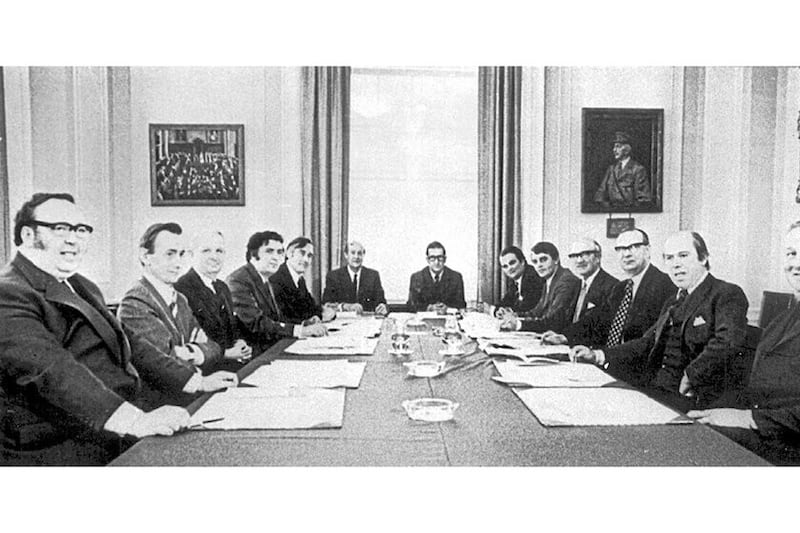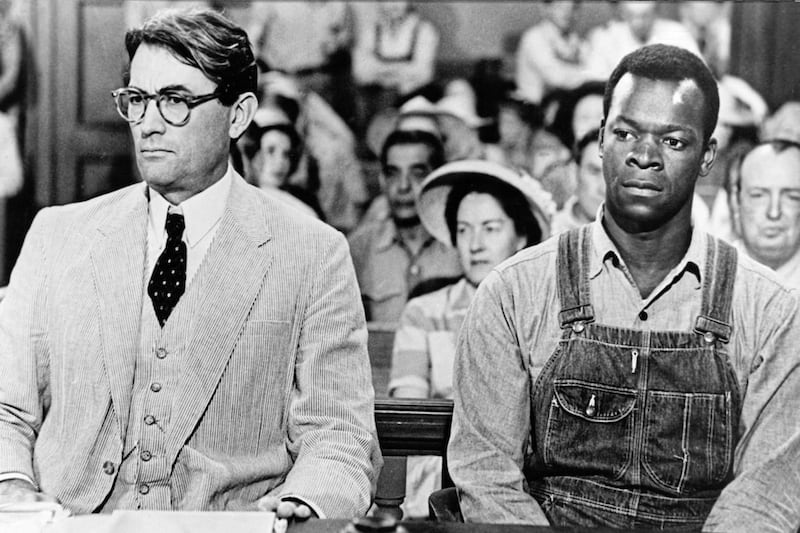50 years ago on December 9, the first major attempt to establish power-sharing in Northern Ireland was signed with the Sunningdale Agreement.
While the current Stormont boycott may seem endless, there was a considerably higher mountain to climb in 1973 with the violent backdrop of the Troubles and widespread unionist opposition.
The late Séamus Mallon’s famous quote, that the Good Friday Agreement was “Sunningdale for slow learners” describes how many of the core elements of the 1998 peace deal were also on the menu in 1973.
Hoping to break the dominance at Stormont by the Ulster Unionist Party and open the door to nationalists, Sunningdale was an attempt to end the Troubles by offering a 78-member Assembly elected by proportional representation.
Another crucial element was the Irish dimension, with the inclusion of a cross-border Council of Ireland.
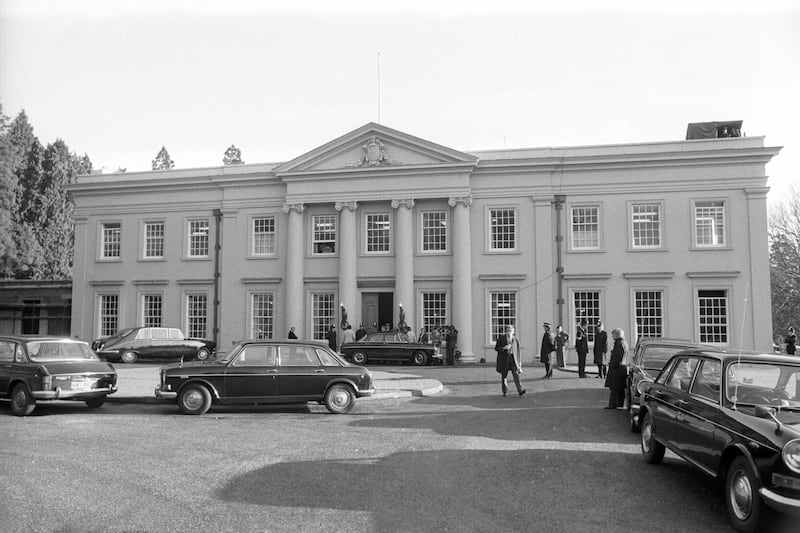
Read more
- Unionists no longer dominate the battlefield and shouldn't pick a fight they cannot win – Alex Kane
- 52 years on from the Anglo-Irish Treaty, the Sunningdale power-sharing talks begin – On this day in 1973
- Sinn Féin: Executive 'Doomed' to Failure - On this day in 1973
Ultimately, the agreement was soundly rejected by unionists like the DUP’s Ian Paisley and a general strike which caused the collapse of Stormont in May the following year.
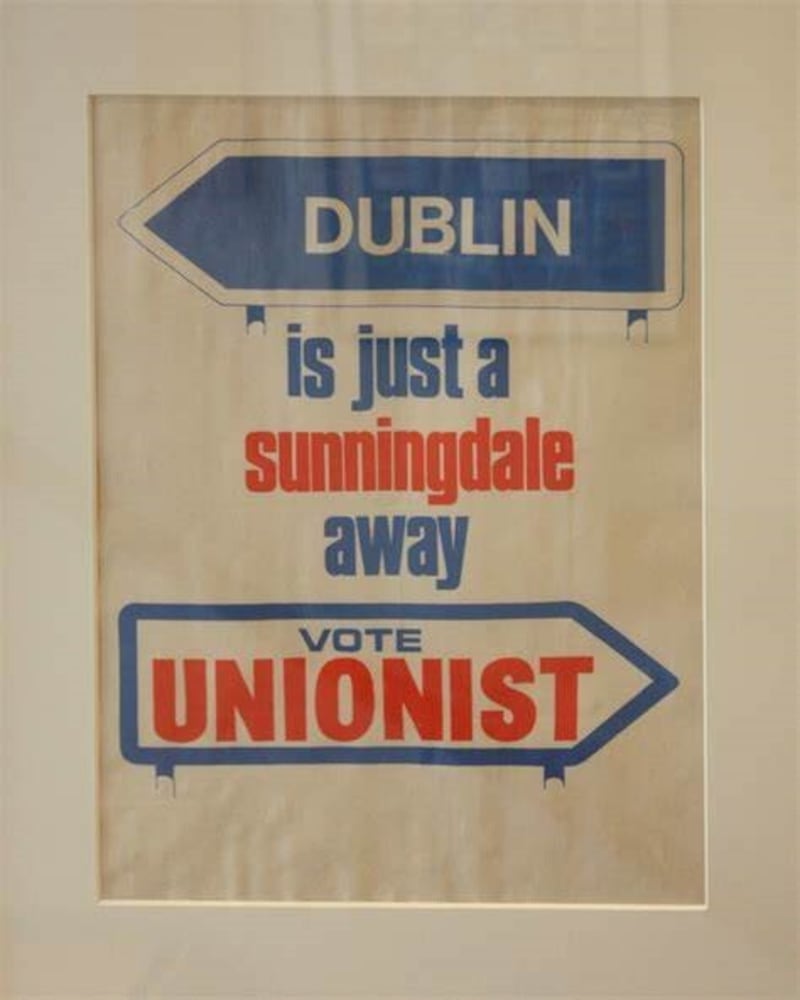
While Sunningdale is often remembered as a failure, Irish News columnist Brian Feeney said it remained an important step on the path to peace.
“Nationalists broadly were in favour of it because it was a huge breakthrough,” he said.
“Stormont had collapsed the previous year and then there was this very quick turnaround in negotiations between the British and Irish governments.
“That was the first time that had happened since 1921, so nationalists did see it as a major breakthrough and really what brought it down was the unionist opposition and the fact that the IRA were determined to fight on.
“They didn’t support it at all and felt that the SDLP had given in too quickly.”
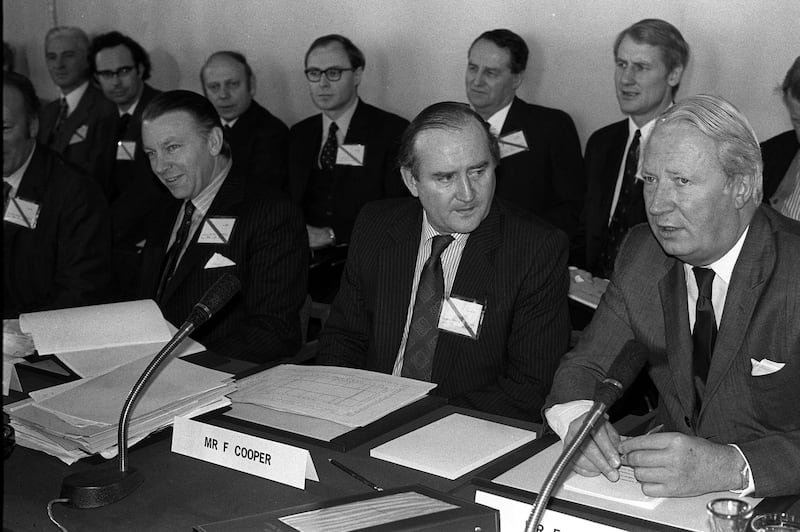
He added that unionists were still in a state of shock after the British government had dissolved Stormont.
“They felt this was a major betrayal. There were huge marches up to Stormont in 1972 and then suddenly the following year you had the Irish government involved, it was all too-much, too quickly.
“Sunningdale wasn’t a failure, it was just opposed by every aspect of unionism including the middle class.
“They stood aside during the Ulster Worker’s Strike and didn’t support Sunningdale. But the concepts of Sunningdale remained the basic principle that ran through the next 25 years until 1998 – that there had to be power-sharing and an Irish dimension.”
He said another major difference was that policing was not discussed for the 1973 deal.
“By 1998, the RUC was moved to the side and a new police service emerged. But in 1973, law and order was not touched,” he said.
“That was probably a step too far and the Ulster Unionist leader Brian Faulkner would have walked away.”
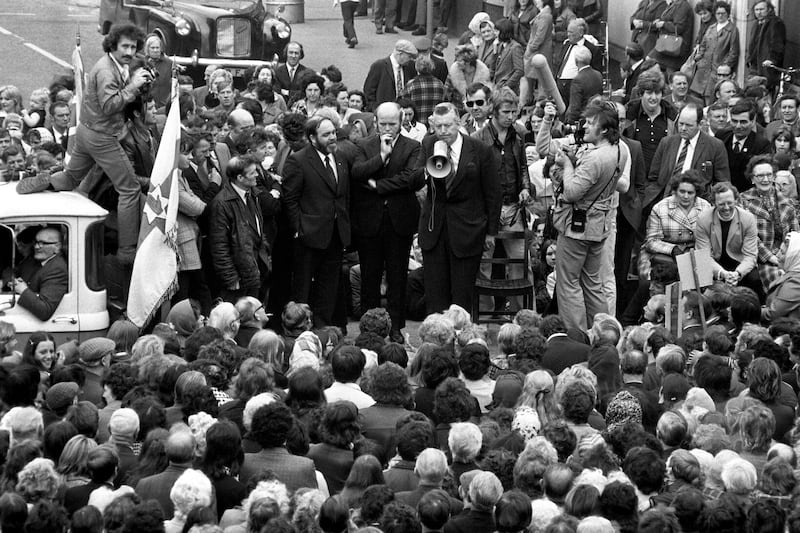
For a short time, a power-sharing executive made up of Ulster Unionist, SDLP and Alliance members was established with Brian Faulkner as the Chief Executive, the SDLP leader Gerry Fitt as Deputy Chief Executive and - with 25 years still to go until his success with the Good Friday Agreement - the future SDLP leader John Hume as Minister of Commerce.
The first leader of the Alliance Party, Oliver Napier, also served as Northern Ireland’s first and last Legal Minister and Head of the Office of Law Reform.
The Council of Ireland was agreed to be a mix of ministers from Stormont and the Irish Government as well as an assembly made up of members of the Assembly and Dáil, but the momentum quickly ran out.
Loyalist paramilitaries flexed their muscles in reaction by forming the Ulster Army Council – combining the UVF and UDA.
The general election in February 1974 then saw an anti-agreement coalition of the UUP, Vanguard Unionist and the DUP who ran candidates in every constituency, winning 11 out of 12 with the SDLP’s Gerry Fitt being the only Sunningdale supporter elected in West Belfast.
The final nail in the coffin for Sunningdale would eventually arrive when the loyalist Ulster Worker’s Council called for a general strike and halted essential services across Northern Ireland.




